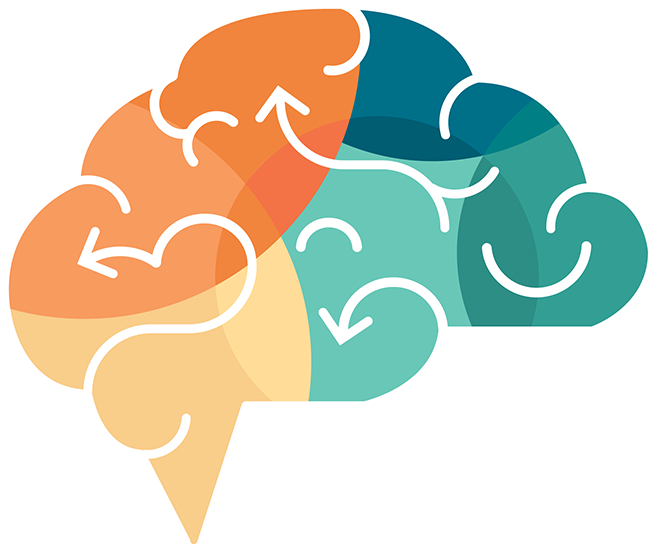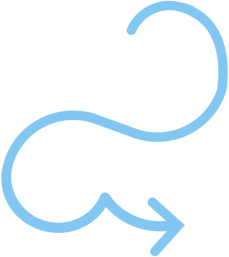
Points of Impact That Transforms Lives: Brazelton Touchpoints Training
Points of Impact That Transforms Lives: Brazelton Touchpoints Training
The effects of strong parent-child relationships are so profound that they can halt developmental trauma right in its path – and Pathways to Prevention: A Centre for Childhood Trauma now offers training that walks providers and families down a more positive path.

The Touchpoints Approach is an evidence-based framework to building strong family-child relationships from before birth through to age six. Participants who implement Touchpoints in their practice partner with families to lay the vital foundation for children’s early learning, relational health and healthy development.
This training program which aims to deliver the highest level of care possible to all families, including those impacted by developmental trauma, features an intensive 28-hour training course that includes scenario-based practice, skill building activities and group discussion, complete with six months of ongoing mentorship through monthly reflective practice sessions.
Touchpoints provides a practical, preventative approach that supports providers in forming strength-based partnerships with families. Children develop rapidly in the first six years of their life and if a parent experiences a major disconnect with their child in that time, it can lead to developmental trauma that can have life-long and devastating impacts for that child.
“Touchpoints means that there will be different points during a child’s development where there will be a period of growth and a period of regression as well,” says Phil Herman, a Pathways to Prevention Clinician, Family Therapist, and a Hull Touchpoints Trainer. “And that regression can cause derailment between the parent and the child relationship, depending upon the meaning-making (their perspective) that parent makes of that particular behavior.”

For example, when a baby goes through a sleep regression because their motor movement development has begun, it can dysregulate the child to the point where they are no longer sleeping through the night, causing a lot of stress for the parent.
“The parent could think like, ‘Oh, they’re purposely doing this to annoy me and wake me up all night long,’ as opposed to, ‘Oh, this is about the development of my child; I understand what’s going on,’ which then creates a different meaning-making for them,” says Phil.
This is just one example of how a provider could support a family by thinking with them in a different way about how their child may be behaving in a way they don’t understand, leading to a strengthened parent-child relationship.
And these are the types of scenarios that Hull Touchpoint Trainers discuss and role-play with providers during the training.
And though Touchpoints really focuses on the importance of strengthening relationships between parent and child, it also focuses on the importance of the provider and caregiver relationship.
“When a parent is showing different empathy traits, the child catches that, and they learn about empathy,” says Mariela. “That child may then start using those empathic behaviors, or attitudes, with a teacher or friends, and it becomes like a domino effect.”
That is what makes Touchpoints so impactful; instead of providers going into homes and telling families what to do, they assume caregivers know their children best and work with the caregiver to determine what the best solution is together.
After participants receive the Touchpoint training, they walk away with tools they can use right away. A simple resource that they can hold right between their fingers: the Touchpoints Guiding Principles and Parent Assumptions Guide. A one-page document meant for easy reference that clearly states the nine Guiding Principles and seven Parent Assumptions – one of the main features of this training.
Mariela Pinto is a Family Specialist in the Family Initiatives program at Hull Services. She took the Touchpoints training with Pathways last year, which she says was very impactful – but she adds that also being trained in Dr. Bruce Perry’s Neurosequential Model the training has made an even bigger difference.
“I liked how they let us give examples about our own life and work,” says Mariela. “They included everybody during the training, and at the end of the training, they specifically mentioned a strength everybody had and how special we should feel about it.”
Though Touchpoints is a training aimed at preventing developmental trauma early in a child’s life – the same concepts can be applied to the child’s development at any age. This is another reason this training benefits providers – it can be weaved throughout their whole practice.
When asked how the Touchpoints training has impacted her practice, Mariela pulled out the Touchpoints Guiding Principles and Parent Assumptions Guide from her binder, where she always keeps it, and read the points while thinking of her answer. She then expanded on the points listed in the guide.
“There are many things I like,” says Mariela. “Like the ‘Focus on the parent and child relationship,” that is one of the big ones. Humans are social animals, so everything is rooted in connection – and the child’s connection with the world starts with the connection with their caregiver, usually their parents.”
One point reminds her to check her bias: “The parent is an expert on their child.”
“One of the things is that when I go into a family’s home, I may have some assumptions and judgments in my head of what may be going on or not,” says Mariela. “But at the end of the day, the family’s the one who really tells me what’s going on and where they want to go.”
Robyn has been a client of Mariela since November of last year – and when asked if she noticed a difference between working with Mariela and other providers, she was quick to respond with yes. 
“Mariela is more hands on,” says Robyn. “She makes me feel really good, like when I talk to her, she focuses on what I need instead of just handing me a book to read. She more focused on what I want when it comes to strengthening me and my daughter’s relationship.”
Robyn went on to say that not only does Mariela give really good care – she shows that she really cares.
And the act of really caring will affect generations to come.
“When a parent is showing different empathy traits, the child catches that, and they learn about empathy,” says Mariela. “That child may then start using those empathic behaviors, or attitudes, with a teacher or friends, and it becomes like a domino effect.”
Together, our lives can be more touching – we just need to be walking down a more positive path.




